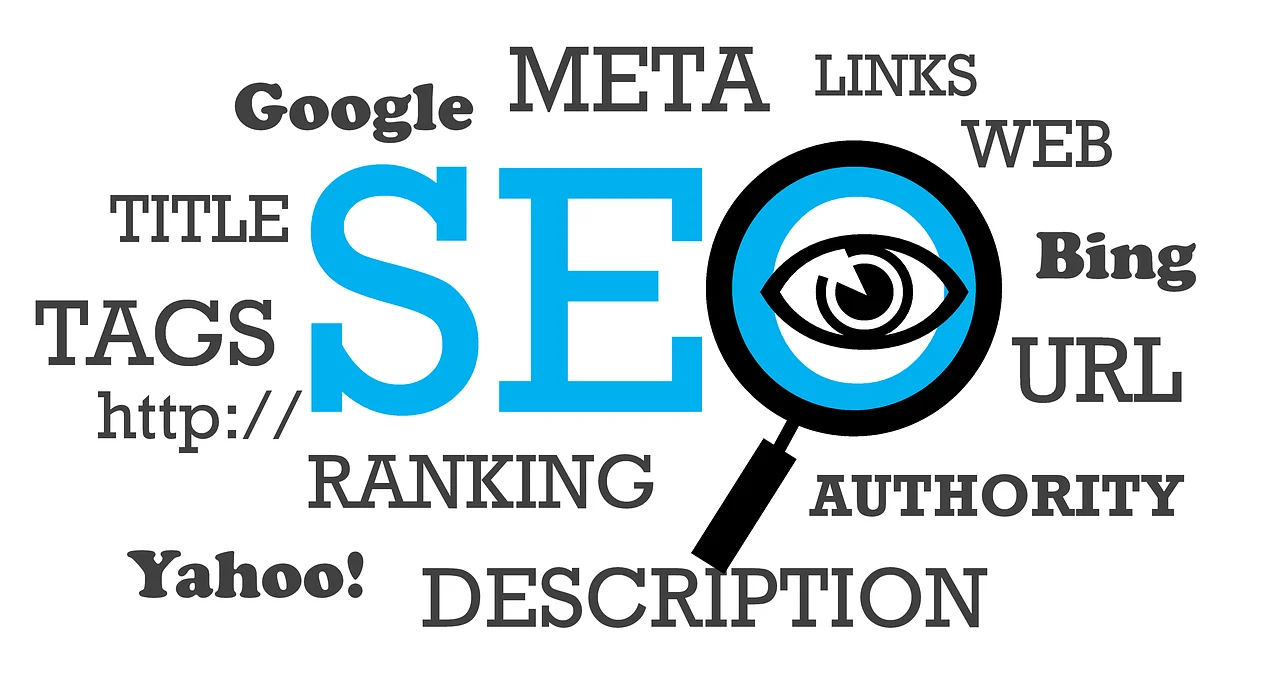You’ve quit your job, and you’re an independent freelancer now. Congratulations! Now the real work begins. As a newly independent freelancer, your new responsibilities also include back-office work. Your employer took care of that before, and you could concentrate on your job. One of the critical functions of the back office was the financial aspect, including accounting and taxes. Now, it is up to you to take care of freelance accounting.
Taking care of freelance accounting may sound scary at first, but don’t despair. Great tools can help you meet this challenge, even if you did not have any experience in this bone-dry subject before. There is no immediate need to outsource this task to an expensive accountant. Once your business grows to a more substantial level, professional help may become advisable.
Freelance Accounting and taxes
Accounting is a time-consuming and tedious task. And don’t get me going on taxes, my nemesis. But there is no way you could escape taxes. Therefore, your attention to these issues is mandatory to avoid trouble. The IRS is merciless.
You have to keep tight control of your revenues and expenses. If you don’t, you are operating in the dark and will not know whether your efforts are paying off at all.
You will have to do your taxes at year-end and probably make estimated quarterly payments. With proper freelance accounting, you will not forget any deductible expenses and avoid overpaying.
If you are not keen on balancing accounts, you may want to outsource this task to an accountant, which may become expensive. You may reduce these costs to some extent by doing the data entry, respectively, the basic bookkeeping part yourself.
Software solutions
A cheaper alternative is using accounting software. Accounting is not that difficult at all with the proper software, and you don’t have to be a CPA. The cost for a software solution varies greatly but is way below what you would have to pay for outsourcing. At the beginning of your freelance career, even a simple personal finance program like Quicken might do, especially when you do not need the handling of any inventory and payroll. The cost for the entry-level plan of Quicken is about $36 per year. It is cheap, but it will be only a work-around, and you should seriously consider the modest investment into software that meets your needs as a freelancer.
Bonsai – the back-office solution for freelancers
A much better solution for you is a dedicated freelance accounting program. I recommend an easy-to-use but comprehensive software solution called Bonsai, which primarily covers the needs of freelancers.
The beauty of this software solution is that it integrates accounting into the whole workflow of a typical freelance project.
Bonsai takes you through the whole process:
- Proposal
- Contract
- Project (incl. time tracking)
- Expenses
- Invoice
- Accounting and payment tracking
- Taxes
Freelance accounting is an essential part of the logical flow of the whole process. It is done for you the easy way—no need to pass the CPA exam.
In addition, Bonsai helps you manage the workflow from sending proposals to invoicing and recording incoming payments. It connects with your bank accounts, Stripe, or PayPal accounts and monitors your invoices. When payments are overdue, it will issue reminders.
Taxes
As a freelancer, solopreneur, or independent contractor and making more than $400 a year, you are subject to self-employment tax, which is in addition to your regular income tax. This tax is to cover Social Security and Medicare.
Bonsai accurately prepares for the self-employment tax and generates estimates and reminders for taxes due. That way, you won’t miss any important due dates. And since your expenses are duly recorded, Bonsai prevents you from forgetting any possible deductions as well.
Legally sound documents
Are you struggling with the necessary paperwork? Your former employer had supported you with a legal team to prepare the required documents. Now, Bonsai has you covered as part of the software. It includes templates for everything you will need, like proposals, contracts, invoices, the scope of work, NDAs (non-disclosure agreements, and more. Experienced attorneys have prepared legally sound documents that look beautiful and professional and will impress your clients. You just have to fill out the blanks. If necessary, you can also edit some sections which might not be applicable in your case.
The reliable templates have stood the test of time, and more than 200,000 users are using them.
Do you need contracts as a freelancer?
You may wonder if you really need to bother with contracts for your work. The clear answer is: Yes, you definitely should. Providing well-written agreements to your clients will not only show your professionalism. It will also create trust and give protection to all parties involved.
Even before you are ready to propose an agreement or contract, you can impress your clients with a well-prepared proposal, including a detailed description of the scope of work. This will eliminate misunderstandings and reduce the potential for later conflicts. And it will show that you know the details of your business.
How much does Bonsai cost?
You can start with a free plan that offers some basic features but does not include the accounting module. The solution, including the accounting feature, is available for $19/month. For the tax module, you will have to add another $10.
This compares well with other dedicated accounting software solutions. However, Bonsai offers so much more value for similar pricing.
Other free resources for legal documents
To produce professional documents, you don’t have to speak legalese. You can rely on templates that were prepared by attorneys. There are many templates available for all situations arising in your business. You don’t need to reinvent the wheel or create documents from scratch. Fill in the necessary details, edit some sections to make them fit your issue at hand, and you’re done.
Templates covering various cases will make your work easier.
Should you need templates for situations that Bonsai does not cover, you can find a lot more free resources here:
https://nira.com/templates/freelancer-templates/
https://www.template.net/editable/freelancer
You can use these collections of templates with Google Docs, Microsoft Office, Notion, Trello, and more. They cover everything from proposals, NDAs, and invoices to contracts and agreements for different types of services. You can download and edit them to adjust them to your special needs.
Conclusion
The transition from a corporate job to the life of an independent freelancer comes with challenges. Besides your real profession, you have to take care of administrative issues that you may not be familiar with. Freelance accounting is probably posing the greatest challenge. You have to organize your business efficiently and ensure that your revenues exceed your expenses at the end of the month.
The workflow and freelance accounting software bonsai is the best solution for you, comprehensive and very attractively priced. Try it out for 2 weeks for free.






